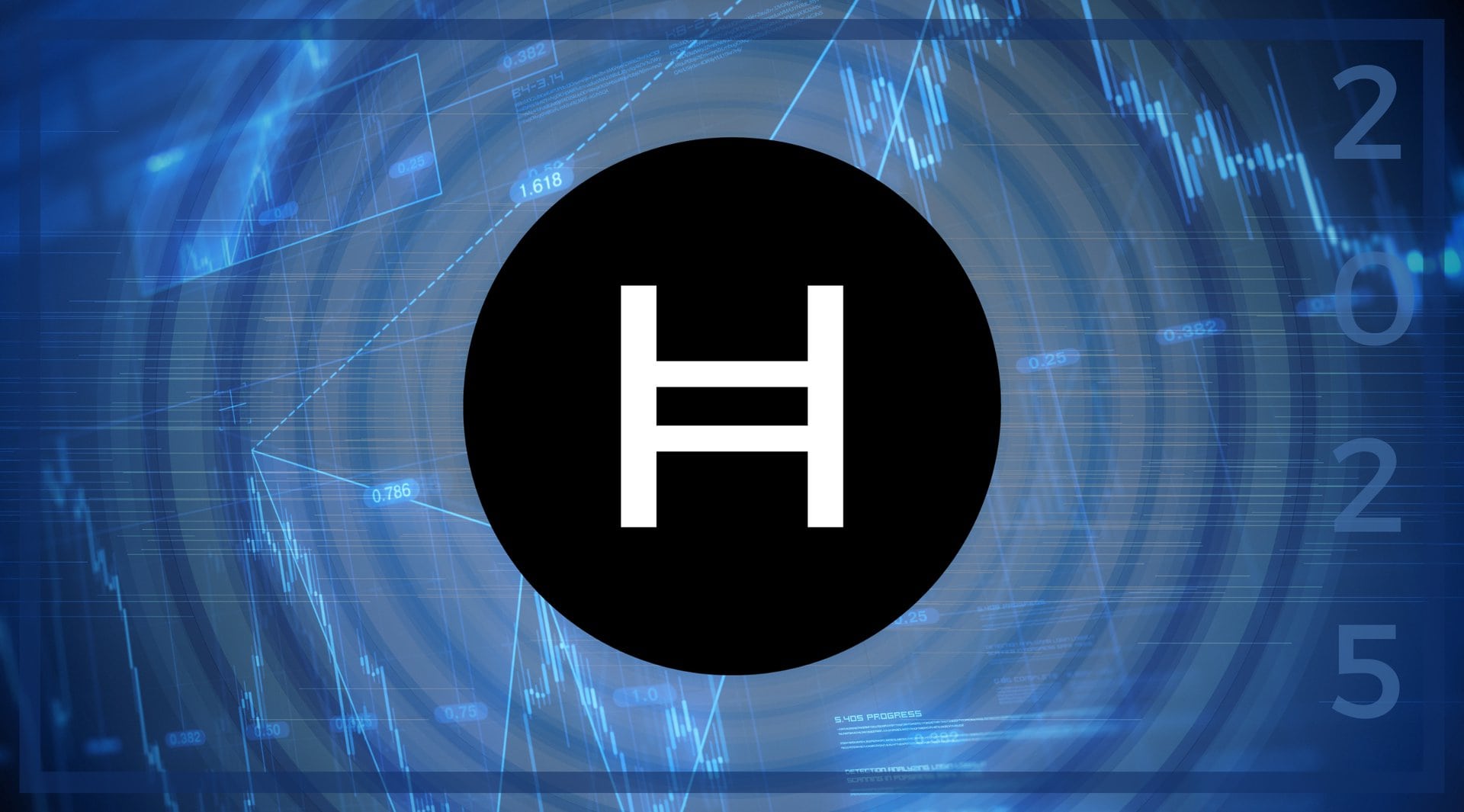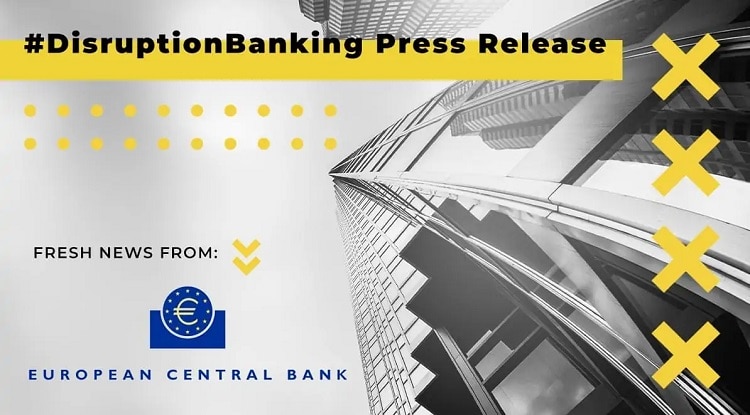Recently called, by commentators, the spokesman for corporate America, Jamie Dimon, Chairman of the Board and Chief Executive Officer of JPMorgan, is never shy with his opinions. Last week he shared at the #NRF2021 Virtual Show some of the Good things about the U.S. On a conference call on Friday he shared some of the Bad things about the U.S. and the problem with Fintechs. Then, later, JPMorgan announced their Quarter 4 results.
CNBC covered some of his most important sound-bites last week:
“America’s moral, economic and military power is dependant on its’ economic strength. The Chinese are doing very well and looking at us and saying that the great innovative system is failing. They are kind of right.” Dimon shared.
“I am hoping the great American can-do, get-it-done attitude comes back. The U.S. is still the best economy in the world. It will be for a long time, but we don’t have a divine right to success.”
#DisruptionBanking covered the successes of Jamie Dimon and JPMorgan in a story back in July 2020. We touched on how the ‘Fortress Balance Sheet’ was such a core element of the strategy of JPMorgan. How there was a JPM Coin already in the prototype phase for some time now. And how much they spend on Tech.
In fact, JPMorgan has been trying really hard to relieve Google of some of its’ hoard of software and AI leaders. Some of them are settling in nicely.
Good Things
In a story just a few weeks ago, we covered a story about how Investment Banks had performed in 2020. JPMorgan ranked top of the list of Investment Banks, higher than Goldman Sachs.
JPMorgan are nearly always one of the first to report their results from among the Wall Street giants,
Motley Fool summarized the positive elements of JPMorgan’s Quarterly results very succinctly last week:
- JPMorgan Chase had the No. 1 ranking for global investment banking fees, which increased 34% year over year.
- Trading revenue, which has been a very strong point throughout the pandemic, increased 20% year over year, including 32% growth in equities trading revenue.
- Assets under management in the company’s asset and wealth management segment grew 17% year over year to $2.7 trillion.
- Book value for the stock increased by 8.4% over the past year to $66.11.
Bank earnings are unknowable, but sometimes good when times are bad https://t.co/rSKtr421Ck via @bopinion
— Bloomberg (@business) January 15, 2021
Jamie Dimon was quoted by Bloomberg:
“JPMorgan Chase reported strong results in the fourth quarter of 2020, concluding a challenging year where we generated record revenue, benefiting from our diversified business model and dedicated employees. While we reported record profits of $12.1 billion, we do not consider the reserve takedown of $2.9 billion to represent core or recurring profits – essentially reserve calculations, while done extremely diligently and carefully, now involve multiple, multi-year hypothetical probability-adjusted scenarios, which may or may not occur and which can be expected to introduce quarterly volatility in our reserves.
“While positive vaccine and stimulus developments contributed to these reserve releases this quarter, our credit reserves of over $30 billion continue to reflect significant near-term economic uncertainty and will allow us to withstand an economic environment far worse than the current base forecasts by most economists.”
Granted, the trading division of JPMorgan has done well because the market needed liquidity, coupled by a pretty good bull market on Tech stocks since April 2020 onwards. So it stands to reason that there would be excellent profitability at the end of it all.
Bad Things
Many of our readers will remember when Jamie Dimon made a statement about moving hundreds of jobs from London to the continent. Many may have thought his statement to be a little harsh in the way it was communicated, as it affected the livelihoods of hundreds of his employees and their immediate families:
JPMorgan is already moving 'several hundred' jobs from London due to Brexit. Its chief is warning more could follow https://t.co/J1iRJsdjuC
— Financial Times (@FT) July 11, 2017
With Brexit, though, his initial scaremongering appears to have come full cycle in the last few weeks. Many of the top banks have relocated to Frankfurt with the commencement of the post-Brexit reality.
Some of our readers may also remember how he was one of the biggest sceptics of Bitcoin:
Jamie Dimon said he'd fire traders stupid enough to deal in bitcoin. It's now growing on him https://t.co/Mbh2ubfAKl pic.twitter.com/CmPESHvENp
— Bloomberg (@business) November 22, 2017
With JPMorgan strategists recently predicting highs of $146,000 for Bitcoin, it seems that Dimon was off the mark on this one.
Next, you might have heard the news about Plaid’s failed acquisition by VISA? $5.3 billion was the amount the fintech was reported to be going for, before the deal fell through.
Plaid sits firmly in the consumer banking sector, by helping consumers and businesses to access capital. An area where JPMorgan didn’t do so well in 2019.
JPMorgan’s consumer banking division saw interest margins plunge by 86 basis points from a year ago.
On Friday last week, Dimon was quoted as saying: “people who improperly use data that’s being given to them, like Plaid.” Referring to how Fintechs pull in revenue through hefty fees for debit-card swipes that banks such as JPMorgan aren’t allowed to charge.
And on the same day he shared with analysts in a conference call:
“Absolutely, we should be scared s—less about that,” referring to PayPal, Square and tech giants around the world. “We have plenty of resources, a lot of very smart people. We’ve just got to get quicker, better, faster. …As you look at what we’ve done, you’d say we’ve done a good job, but the other people have done a good job, too.”
2020 Results
There might have been a rise in market-share of Fintechs and Tech companies to spoil the party, but overall it has been a splendid year for JPMorgan. The rest of the banking industry will have a tough job to emulate the result, with Bank of America next to announce results, on Tuesday the 19th of January.
It will be some time still before we see mature Fintechs disrupt the other markets that JPMorgan does so well in.
Consumer Banking will probably continue to be the fly in the ointment for JPMorgan for the next few years.
However, their resilience to the pandemic has been shown to be a success.
Their exposure to losses from future defaults will mostly continue to reduce in the future.
And, they will continue to make a lot of money trading derivatives
Chris Skinner summarizes the debate especially well when it comes to the consumer banking industry:
Banks vs Start-ups?
— Chris Skinner (@Chris_Skinner) January 9, 2021
Legacy vs Cloud?
20th century vs 21st century?
OK. Here it is … pic.twitter.com/KDfVWbm7XF
Out of the two destinations that his “SS Enterprise” has to choose from, Skinner knows which one he would expect to win.
Bitcoin may not be completely responsible for the disruption that banks are experiencing, however the decentralised notion that it brings with it does seem to have affected banks more than… oh, yes, more than Jamie Dimon imagined.
We heard fighting talk from Brad Garlinghouse at Ripple last week. Jamie Dimon shared similar sentiments in his conversations last week. It is starting to look like the opening scenes to a good Clint Eastwood movie.
The Good, The Bad and JPMorgan’s results usher in a new era for consumer banking.
Let’s hope the Regulator is ready to play the role of Sheriff.
Author: Andy Samu
#JPMorgan #JamieDimon #Bitcoin #Spokesman #CorporateAmerica #Plaid #Fintech #VISA #ConsumerBanking















